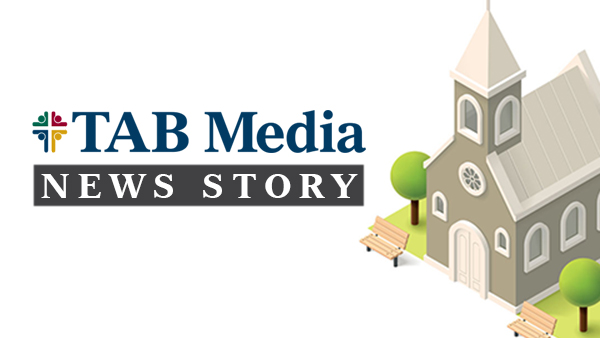By Grace Thornton
The Alabama Baptist
Should we or should we not apply for the CARES Act Paycheck Protection Program (PPP) loan? It’s a question Craig Carlisle, director of missions for Etowah Baptist Association, said he hears a lot from pastors. And he’s not alone.
Church leaders all over the state are asking that question as the peak of the COVID-19 crisis looms.
The PPP is part of the economic relief bill, COVID-19 Pandemic Phase III Stimulus Package (CARES Act), passed March 27. The PPP is intended to help small businesses, including churches and ministries, through the financial fallout from the global pandemic.
CARES Act FAQs for churches
Here are a few things you need to know:
-A PPP loan can offer churches help with paying employees.
The PPP is aimed at helping small businesses keep their workers employed and paid during the COVID-19 pandemic. That includes churches and ministry organizations with fewer than 500 employees at one location. The loan “may be used to pay payroll costs, group health insurance benefits, paid sick leave, medical and insurance premiums, mortgage interest payments, rent payments, utilities or interest on other loans outstanding at the time of the pandemic,” according to GuideStone. (Read more from Guidestone by clicking here.)
Salary expenses above $100,000 per employee are excluded.
-Loan amounts are limited and may be forgiven.
How much can you borrow? The total average monthly payroll cost for the preceding 12 months multiplied by 2.5. That means if your average payroll costs for the preceding 12 months were $20,000, the maximum amount of the loan would be $20,000 times 2.5 for a total of $50,000, GuideStone explained. The maximum amount available for a PPP loan is $10 million.
PPP loans — which have an interest rate of 1% — have to be repaid within two years. However, there are some forgiveness options. A factsheet from the U.S. Treasury Department explains that loans may be forgiven if the recipient maintains employee and compensation levels and uses 75% of the loan for payroll costs. Loan payments will be deferred for 6 months.
-The loan process doesn’t ask churches to surrender any religious freedom rights.
The Southern Baptist Ethics & Religious Liberty Commission (ERLC) puts it this way — “According to the SBA guidance … a faith-based organization that receives a loan will retain its independence, autonomy, right of expression, religious character and authority over its governance, and no faith-based organization will be excluded from receiving funding because leadership with, membership in or employment by that organization is limited to persons who share its religious faith and practice.”
The loan terms will stay consistent with First Amendment rights and other statutory protections for churches, the ERLC wrote in an April 4 article. (The ERLC also addressed concerns about separation of church and state in regard to the loans in this article.)
Ministries and churches can also participate in PPP even if they don’t have their own tax-exempt letter yet.
-Church employees who are laid off can receive unemployment compensation under the CARES Act.
They can file as individuals with the Alabama Department of Labor. More information is available here.
Additional resources
If you have more questions, you can access an FAQ document for faith-based organizations by clicking here. (TAB)
EDITOR’S NOTE — The regulations surrounding the CARES Act have changed a few times since the bill was passed. The information in this article was correct as of April 9, 2020. TAB will update the information as needed.






Share with others: